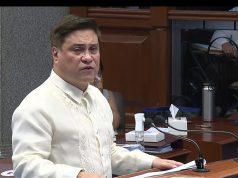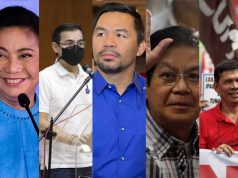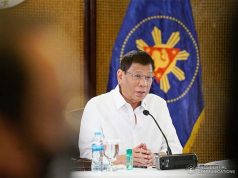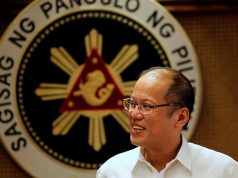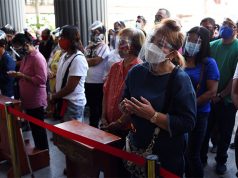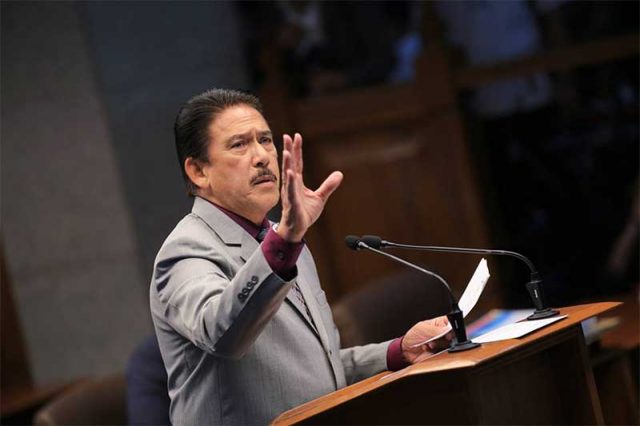
Sen. Vicente Sotto III took the helm of the Senate presidency on May 17 following the stepping down of Sen. Aquilino Pimentel III.
Described as “the most powerful figure in the Senate,” the head of the upper chamber of congress has duties, and also perks, that are on top the legislative duties of senators.
Perks and powers
According to the special provisions of the General Appropriations Act, the Senate president is authorized to “formulate and implement the organizational structure of their respective office.”
He or she is also authorized to “fix and determine the salaries, allowances and other benefits of their respective personnel.”
The Senate president can also “create new positions, transfer an item or make other adjustments in the Personnel Services itemization in their respective offices, whenever public interest so requires.”
Another power of the Senate president lies in the use of Senate savings, which became controversial in 2013 following reports that Senate President Juan Ponce Enrile gave about P30 million to senators as gifts just before the Christmas break of 2012.
The cash gift, about P1.6 million per senator and labelled as “additional MOOE” (Maintenance and other operating expenses), was reportedly “the biggest yet.”
Four senators who were critical of Enrile had not been given the full amount of the “additional MOOE” reportedly because they were not in his good graces.
The GAA’s special provisions states that “The Senate president [is] authorized to use savings in their respective appropriations to augment actual deficiencies for their respective offices.”
In response to the controversy, the Commission on Audit, released a statement saying that the Senate president has the sole prerogative in the use of the Senate’s savings, which were also subject to regular audit.
As stated by the law, the monthly salary of the senate leader is P40,000, which is higher compared to the rest of the senators who receive P35,000 a month.
The so-called chief executive of the Senate is also in-charge of the budget of each committee in the chamber.
“Whenever necessary, special committees shall be organized, the membership and jurisdiction of which shall be determined by the senate president,” according to Section 14, Rule 10 of the Rules of the Senate.
The Constitution specifically states that the Senate president “shall act as President” in the event of the “death, permanent disability, removal from office, or resignation” of the president and vice-president.
Main duties and responsibilities
In Section 3 from the Rules of the Senate, the main duties of head of the Senate are:
“To preside over the sessions of the Senate on the days and the hours designated by it; to call the Senate to order and, if there is a quorum, to order the reading of the Journal of the preceding session and, after the Senate shall have acted upon it, to dispose of the matters appearing in the Order of Business.”
The Senate president also has the last say in signing “all measures, memorials, joint and concurrent resolutions; issue warrants, orders of arrest, subpoena and subpoena duces tecum,” and makes sure that the signed resolutions are being followed.
The chamber’s leader should also maintain order not only in the session hall of the building, but also in its corridors and offices.
In 2011, Enrile exercised this power when he ordered a lockdown of the Senate building when the late Renato Corona suddenly walked out of his impeachment trial after giving a lengthy opening statement.





